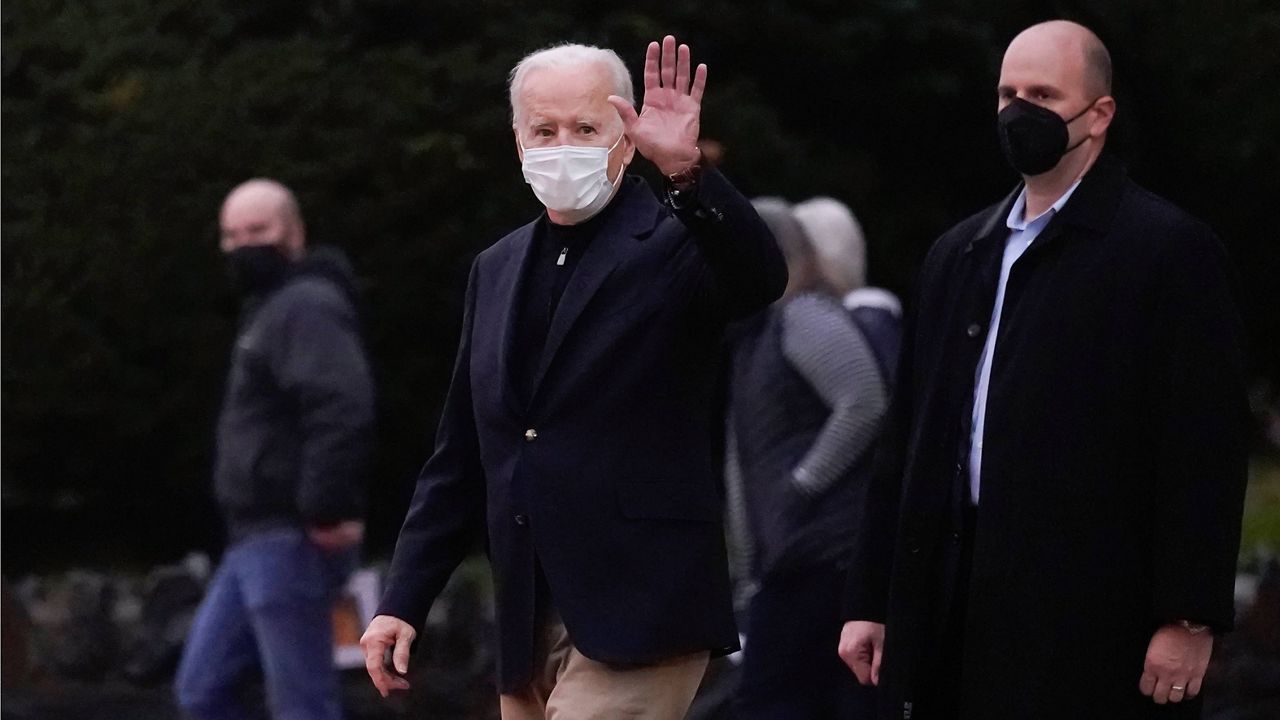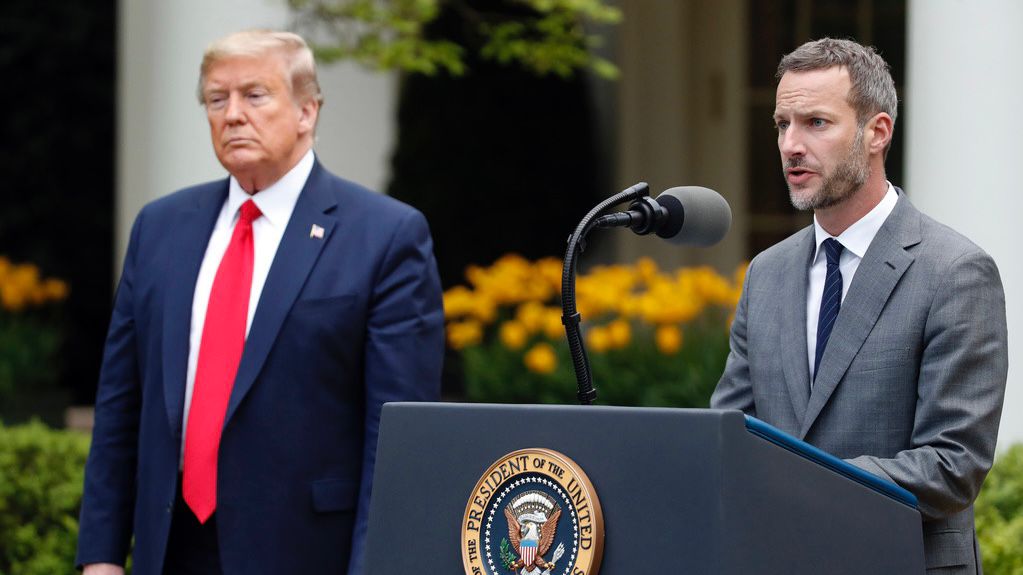The minimum hourly wage for federal employees will soon increase to $15 thanks to an order issued by President Joe Biden nearly a year ago.
The U.S. Office of Personnel Management sent a memorandum to the heads of federal agencies on Friday advising them to prepare for the increase by the end of this month. The new wage must go into effect for the first pay period starting on or after Jan. 30, 2022.
“It is the general policy of the Biden-Harris Administration that Federal employees stationed in the United States (including its territories and possessions) should receive an hourly pay rate of at least $15 per hour,” the letter read in part.
Federal contractors must pay a $15 minimum wage to all workers on federal contracts, impacting hundreds of thousands of workers nationwide, according to the White House.
The previous minimum wage for federal contracts was $10.95 per hour, and $7.65 per hour for tipped minimum wage. Without accounting for overtime, bonus time or taxes, $15 an hour roughly equates to $31,000 a year.
“These workers are critical to the functioning of the federal government: from cleaning professionals and maintenance workers who ensure federal employees have safe and clean places to work, to nursing assistants who care for the nation’s veterans, to cafeteria and other food service workers who ensure military members have healthy and nutritious food to eat, to laborers who build and repair federal infrastructure,” the White House said in a statement after Biden signed the executive order initiating the change last January.
Biden’s action also included an elimination of the tipped minimum wage for federal contractors — allowing employers to pay them sub-minimum wage as long as their tips bring them up to the amount — by 2024, extended the $15 wage to federal contract workers with disabilities, and revoked a Trump-era executive order about minimum wage exemptions for outfitters and guides operating on federal lands.
According to the White House, the order will enhance worker productivity by boosting morale, effort and health, reduce turnover, thereby reducing costs for onboarding, reduce absenteeism and slash supervisory costs.
Friday’s directive, which will extend to around 70,000 federal contractors, does not include the U.S. Postal Service and Postal Regulatory Commission.
Around 56,000 of those impacted work for the Department of Defense; a little under 10,000 work for the Department of Veterans Affairs.







_crop)
